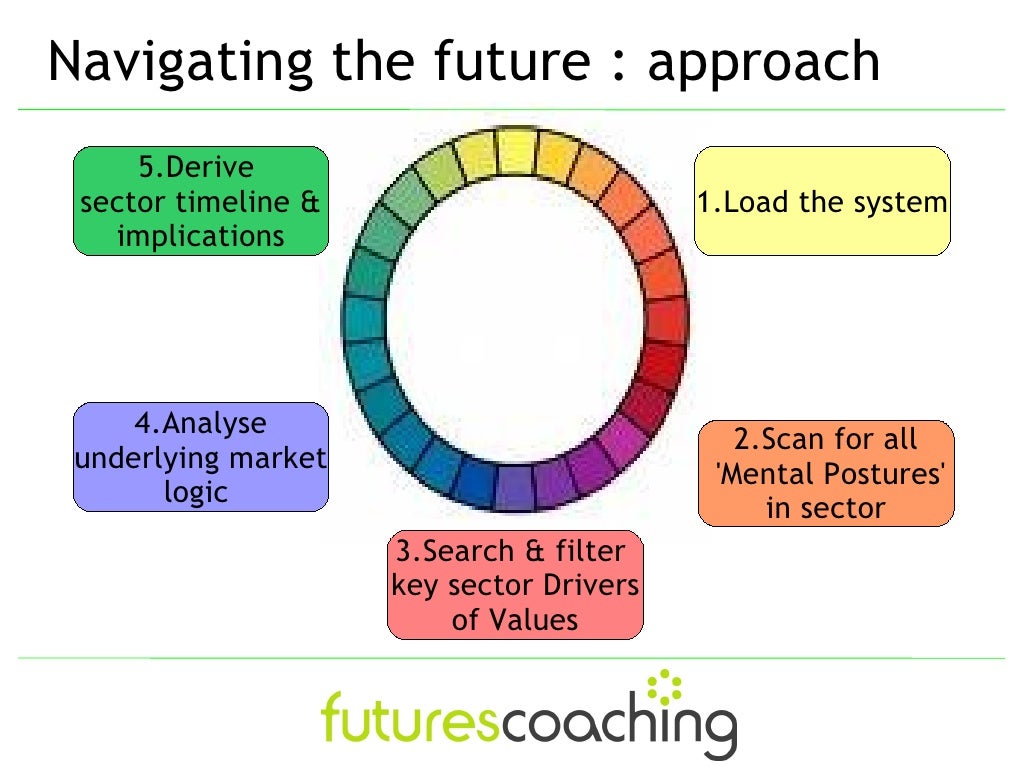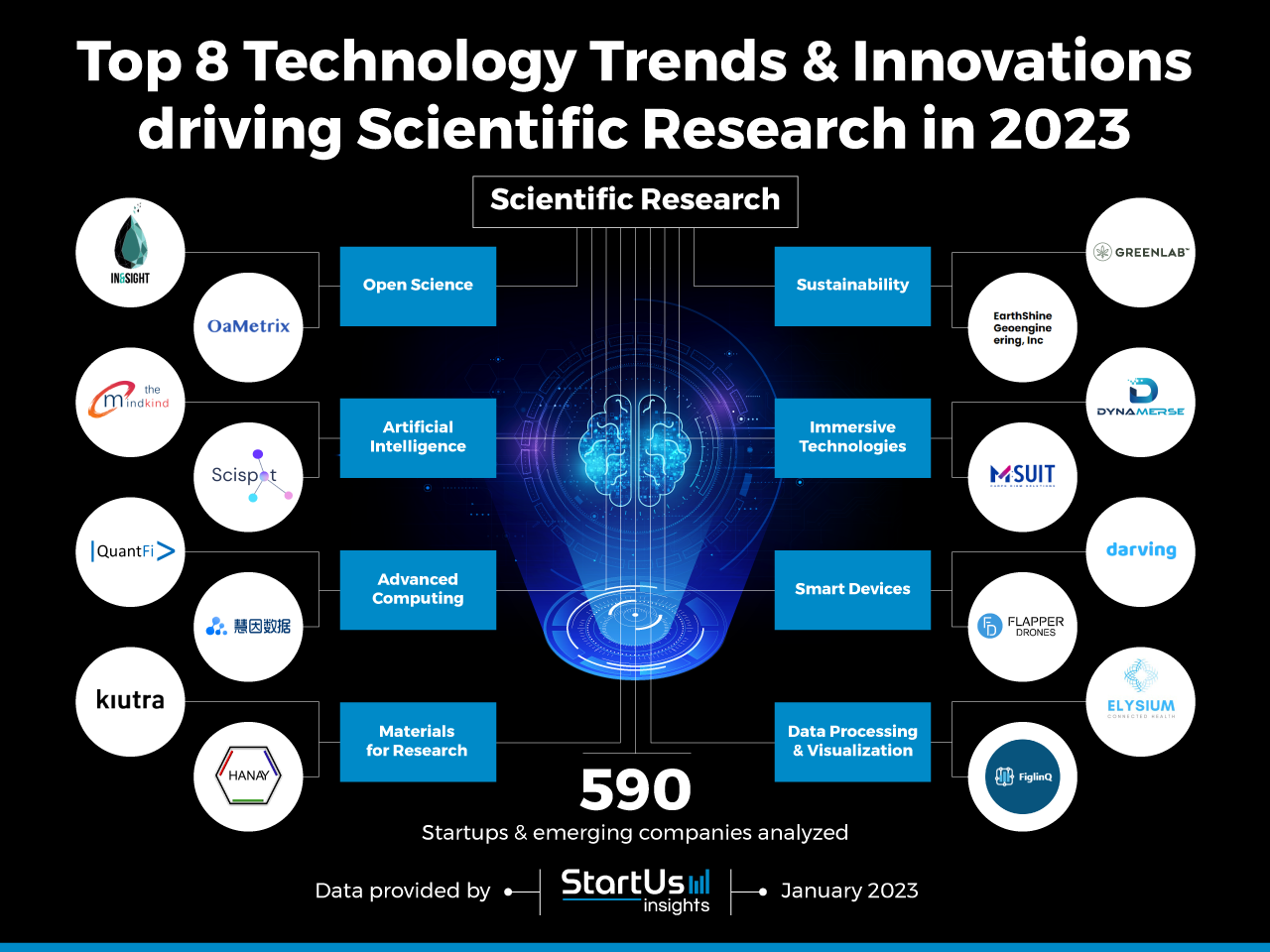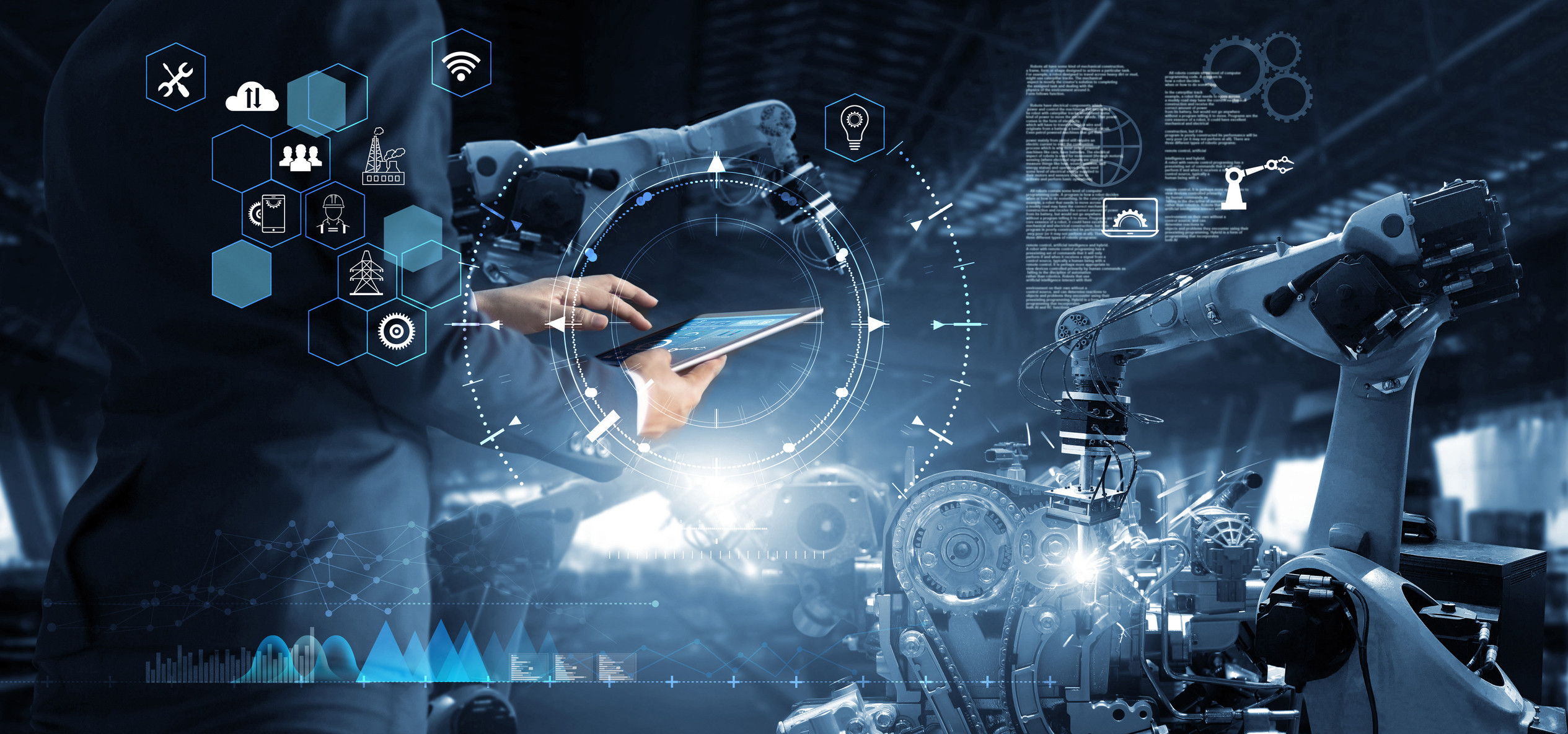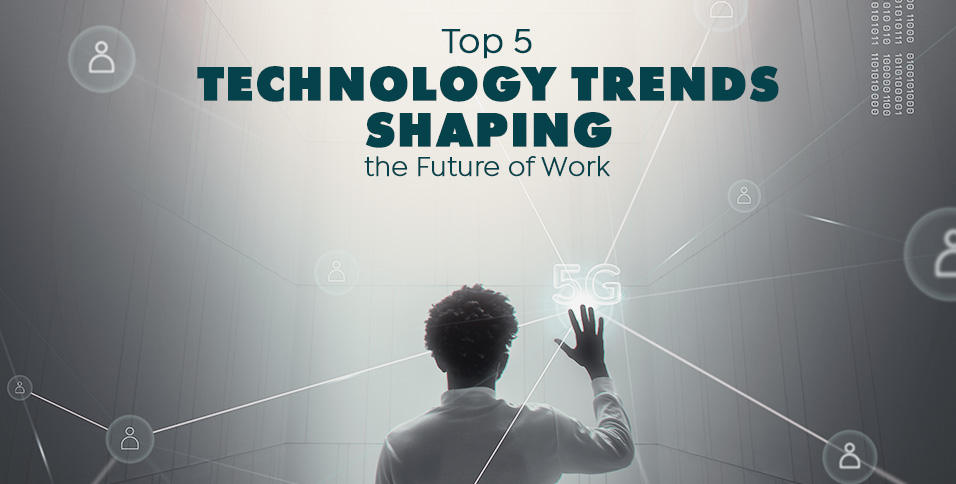Navigating The Future: Understanding The Trends Shaping 2025
Navigating the Future: Understanding the Trends Shaping 2025
Navigating the Future: Understanding the Trends Shaping 2025
Introduction
In this auspicious occasion, we are delighted to delve into the intriguing topic related to Navigating the Future: Understanding the Trends Shaping 2025. Let’s weave interesting information and offer fresh perspectives to the readers.
Table of Content
Navigating the Future: Understanding the Trends Shaping 2025

The year 2025 is rapidly approaching, and with it comes a wave of technological advancements, societal shifts, and evolving consumer behaviors. This period promises to be a defining moment in human history, marked by unprecedented innovation and transformation. Understanding the key trends driving these changes is crucial for individuals, businesses, and policymakers alike. This article delves into the multifaceted landscape of 2025, exploring the forces shaping the future and their potential impact on various aspects of our lives.
The Convergence of Technologies:
At the heart of the 2025 landscape lies the convergence of emerging technologies, each advancing at an exponential pace. Artificial intelligence (AI), the Internet of Things (IoT), blockchain, and 5G networks are poised to intertwine and create a symphony of interconnected systems.
- AI’s Ubiquitous Presence: AI is rapidly evolving from a specialized tool to a ubiquitous force across industries. From automating tasks and improving efficiency to personalizing experiences and predicting outcomes, AI is poised to revolutionize the way we work, live, and interact with the world.
- The Internet of Everything: The IoT is connecting devices and systems in unprecedented ways, creating a vast network of data and communication. This interconnectedness will enable smarter cities, more efficient infrastructure, and personalized healthcare solutions.
- Blockchain’s Transformative Power: Blockchain technology is disrupting traditional systems by creating secure and transparent platforms for transactions and data management. Its applications extend from finance and supply chains to identity management and digital governance.
- 5G’s Bandwidth Boost: 5G networks will provide significantly faster and more reliable connectivity, enabling the seamless integration of AI, IoT, and other technologies. This will unlock new possibilities in areas like virtual and augmented reality, autonomous vehicles, and remote healthcare.
The Rise of the Experience Economy:
Consumers are increasingly demanding personalized and immersive experiences, driving a shift from product-centric to experience-centric businesses. This trend is fueled by the desire for unique and meaningful interactions, fueled by advancements in technology and a growing awareness of personal well-being.
- Personalized Experiences: Businesses are leveraging data analytics and AI to create tailored experiences for individual consumers. This includes personalized recommendations, customized content, and tailored services.
- Immersive Technologies: Virtual and augmented reality (VR/AR) are blurring the lines between the physical and digital worlds, creating immersive and engaging experiences in entertainment, education, and retail.
- Experiential Marketing: Businesses are increasingly focused on creating memorable and engaging experiences to connect with consumers. This includes pop-up events, interactive installations, and personalized journeys.
The Importance of Sustainability and Ethical Considerations:
The future of 2025 is not solely defined by technological advancement but also by a growing awareness of sustainability and ethical considerations. The focus is on creating a more equitable and sustainable future, addressing environmental challenges and promoting social responsibility.
- Environmental Sustainability: Businesses and individuals are embracing sustainable practices to minimize their environmental impact. This includes reducing carbon emissions, promoting circular economies, and investing in renewable energy sources.
- Social Responsibility: Companies are prioritizing ethical sourcing, fair labor practices, and diversity and inclusion initiatives. This is driven by a growing demand from consumers and investors for businesses that align with their values.
- Data Privacy and Security: With the increasing collection and use of data, concerns about privacy and security are paramount. Governments and organizations are implementing regulations and policies to protect personal information and ensure responsible data management.
FAQs
Q: What are the most significant challenges facing the world in 2025?
A: The challenges facing the world in 2025 are multifaceted and interconnected. Some of the most significant include climate change, global inequality, technological unemployment, and cybersecurity threats. Addressing these challenges requires collaborative efforts from governments, businesses, and individuals.
Q: How will these trends impact businesses?
A: Businesses must adapt to the evolving landscape of 2025 to remain competitive. This includes embracing new technologies, focusing on customer experience, prioritizing sustainability, and addressing ethical concerns. Businesses that fail to adapt may face significant challenges in the future.
Q: What can individuals do to prepare for the future?
A: Individuals can prepare for the future by embracing lifelong learning, developing critical thinking skills, and staying informed about emerging trends. It is also crucial to develop a strong sense of ethical awareness and engage in responsible digital citizenship.
Tips
- Embrace Continuous Learning: The rapid pace of technological change necessitates continuous learning and skill development. Stay updated on emerging technologies and trends to remain relevant in the evolving job market.
- Develop Critical Thinking Skills: Be able to analyze information, evaluate sources, and form informed opinions. This skill is essential for navigating the complex and often contradictory information landscape of the future.
- Prioritize Sustainability: Make conscious choices to minimize your environmental impact. Support businesses that prioritize sustainability and engage in environmentally responsible practices.
- Advocate for Ethical AI: Be aware of the potential risks and benefits of AI and advocate for its ethical development and deployment.
Conclusion
The year 2025 is a pivotal moment in human history, marked by technological advancements, societal shifts, and evolving consumer behaviors. Navigating this complex landscape requires an understanding of the key trends shaping the future, including the convergence of technologies, the rise of the experience economy, and the increasing importance of sustainability and ethical considerations. By embracing continuous learning, developing critical thinking skills, and engaging in responsible citizenship, individuals can prepare for the opportunities and challenges of this transformative era.








Closure
Thus, we hope this article has provided valuable insights into Navigating the Future: Understanding the Trends Shaping 2025. We hope you find this article informative and beneficial. See you in our next article!